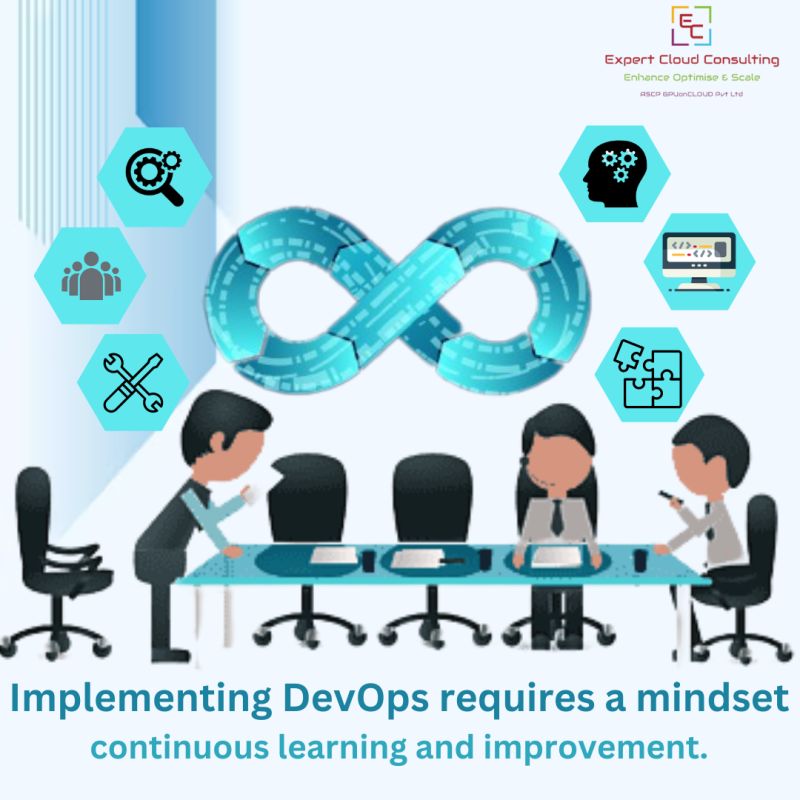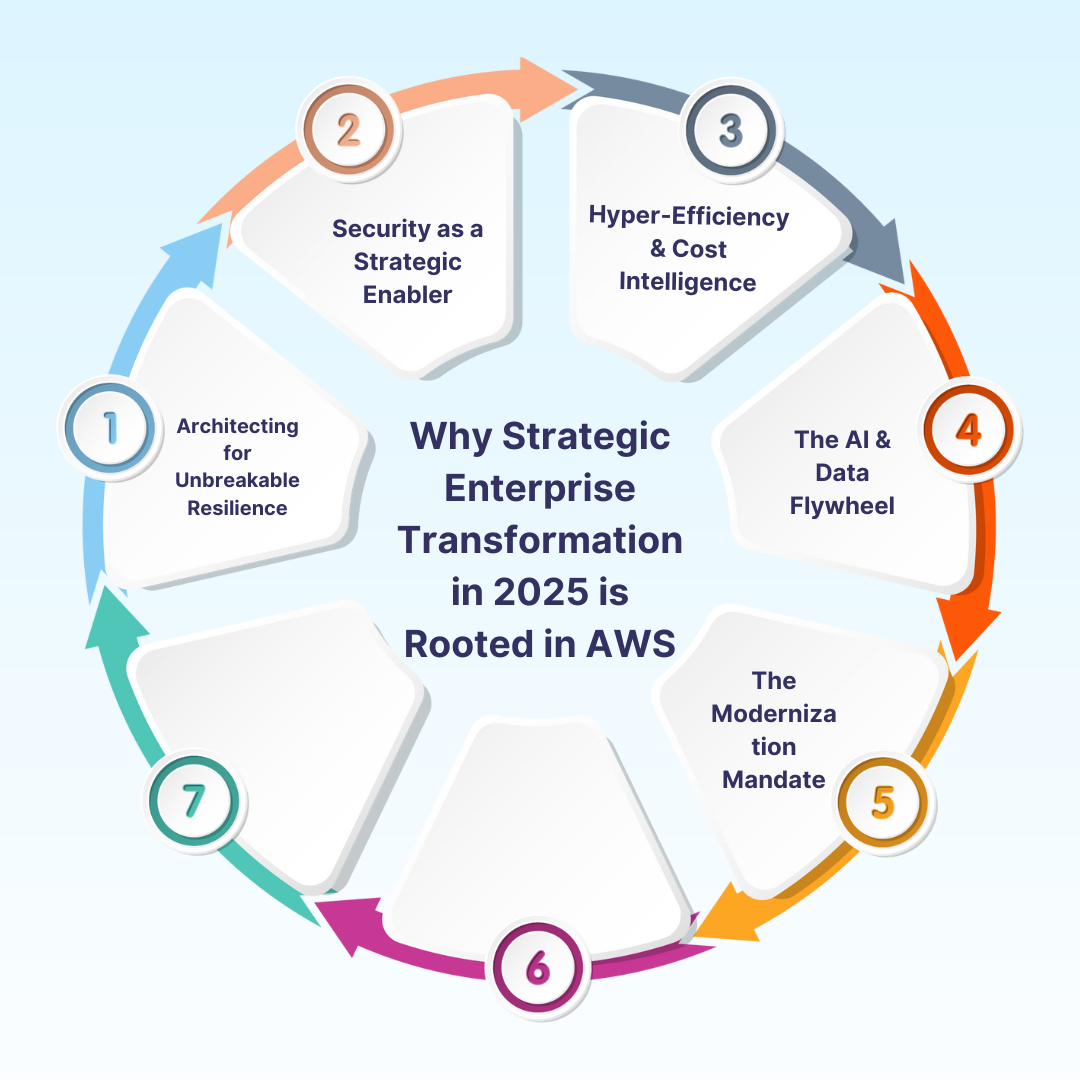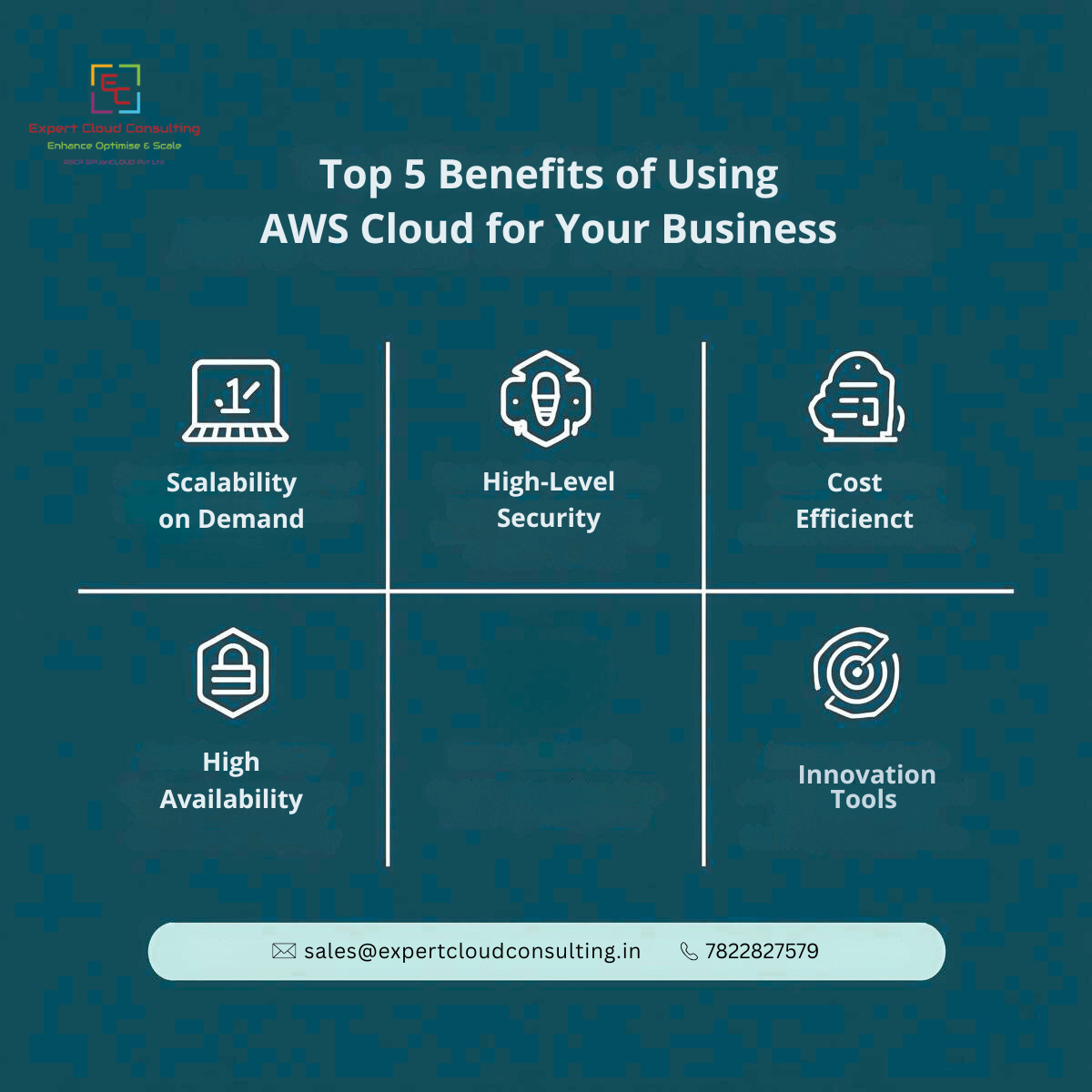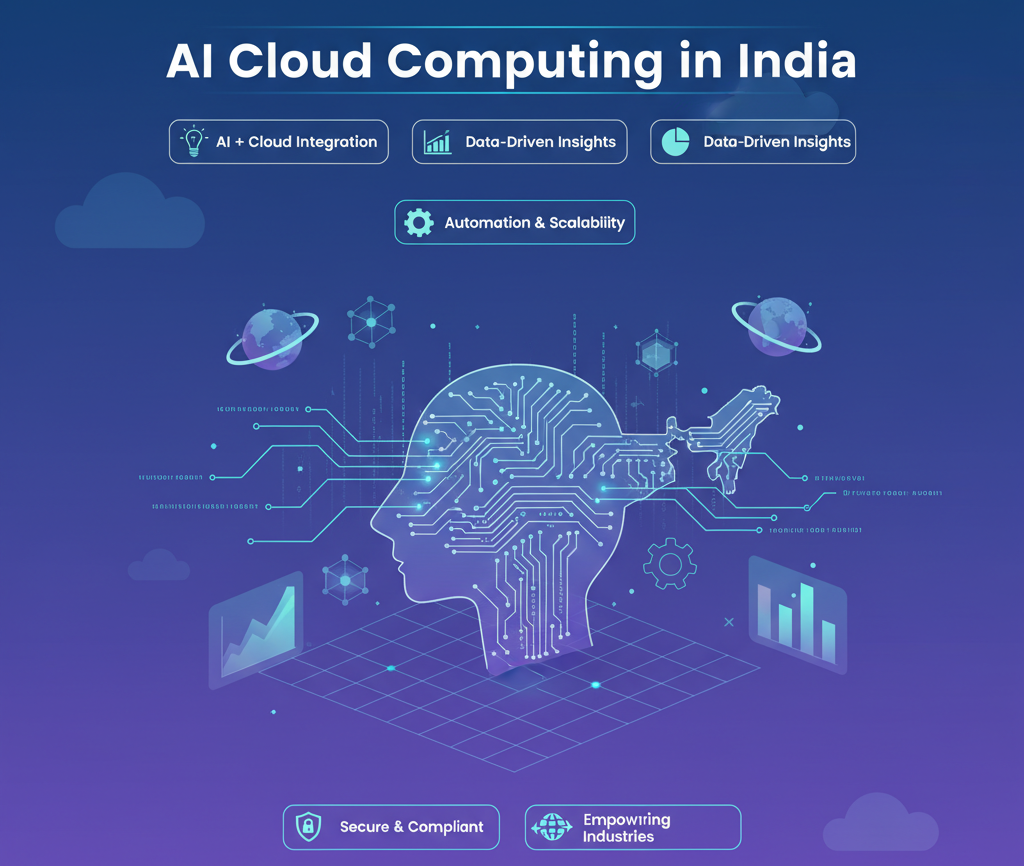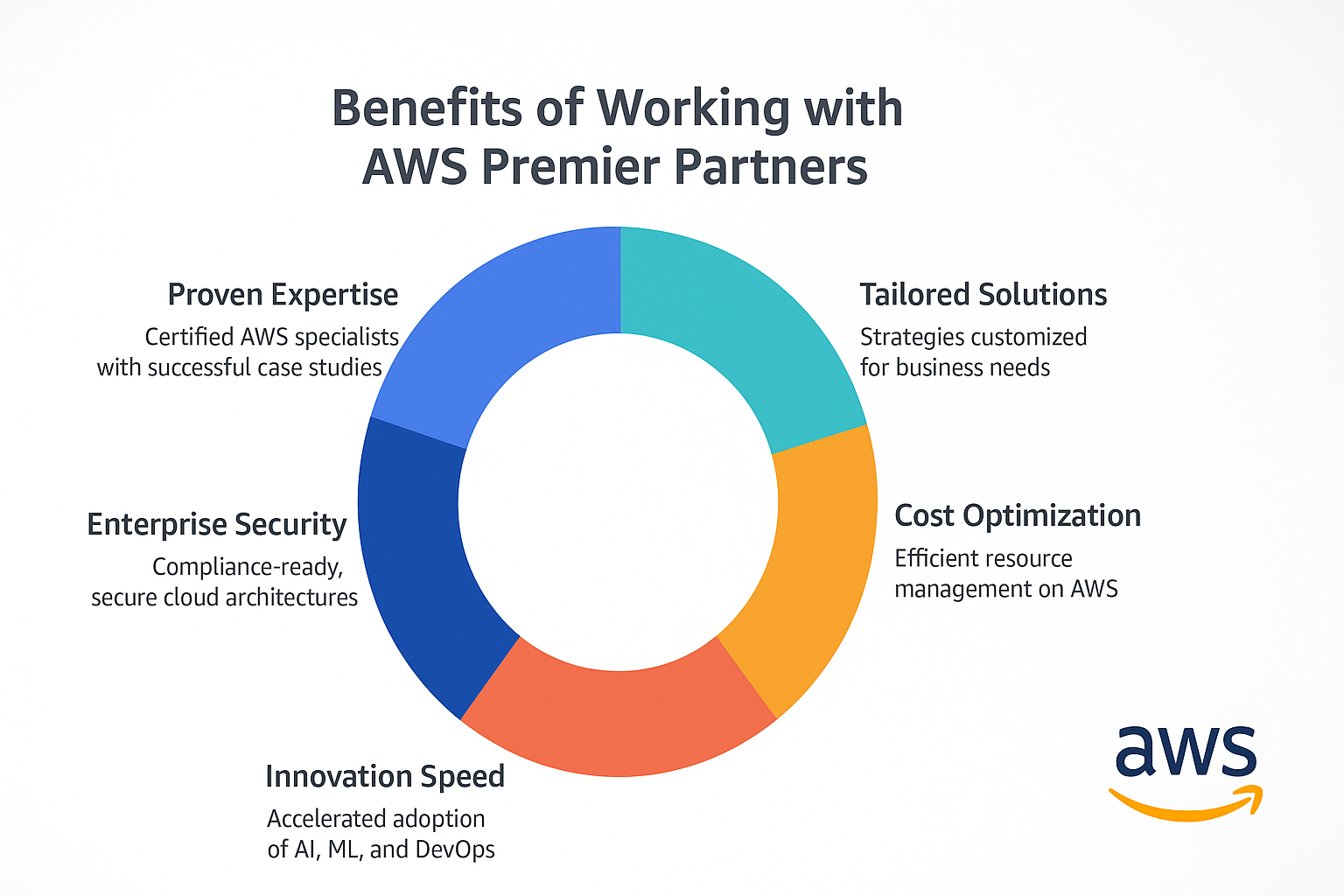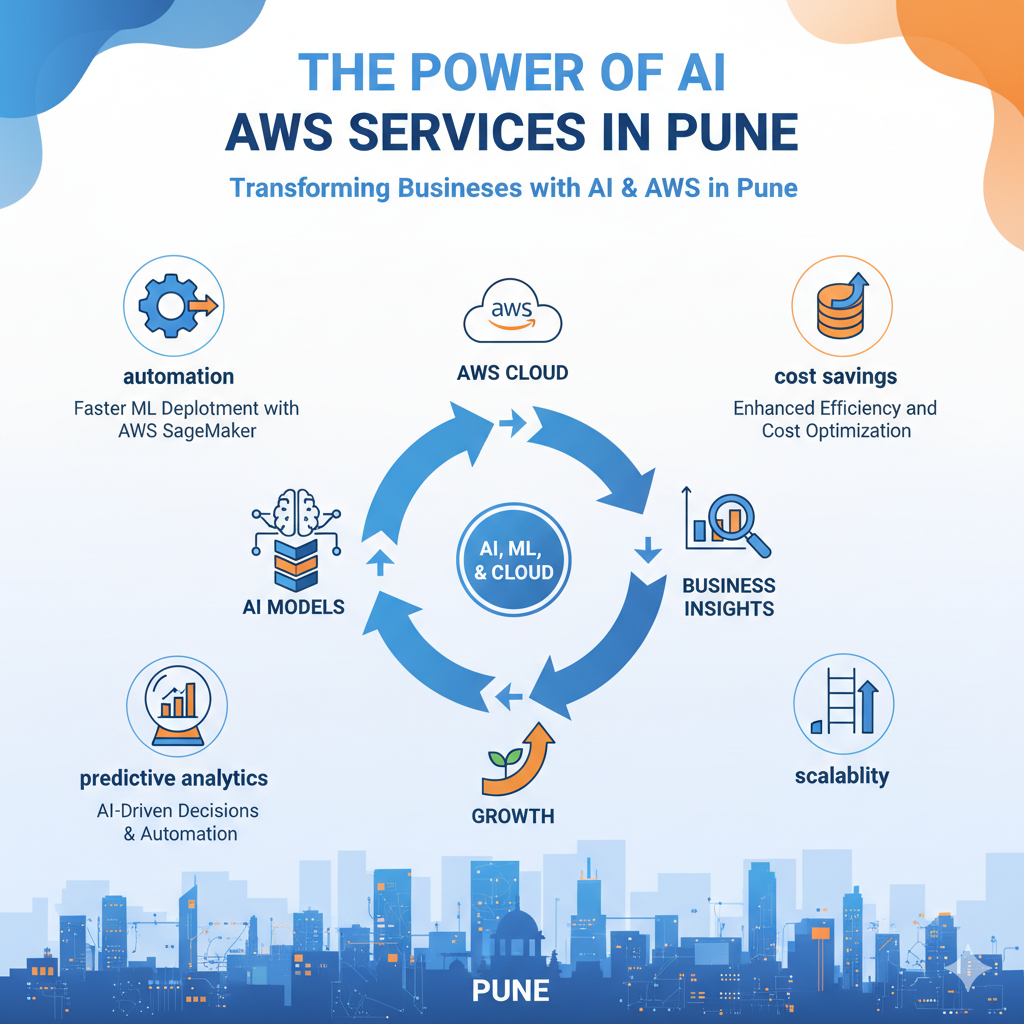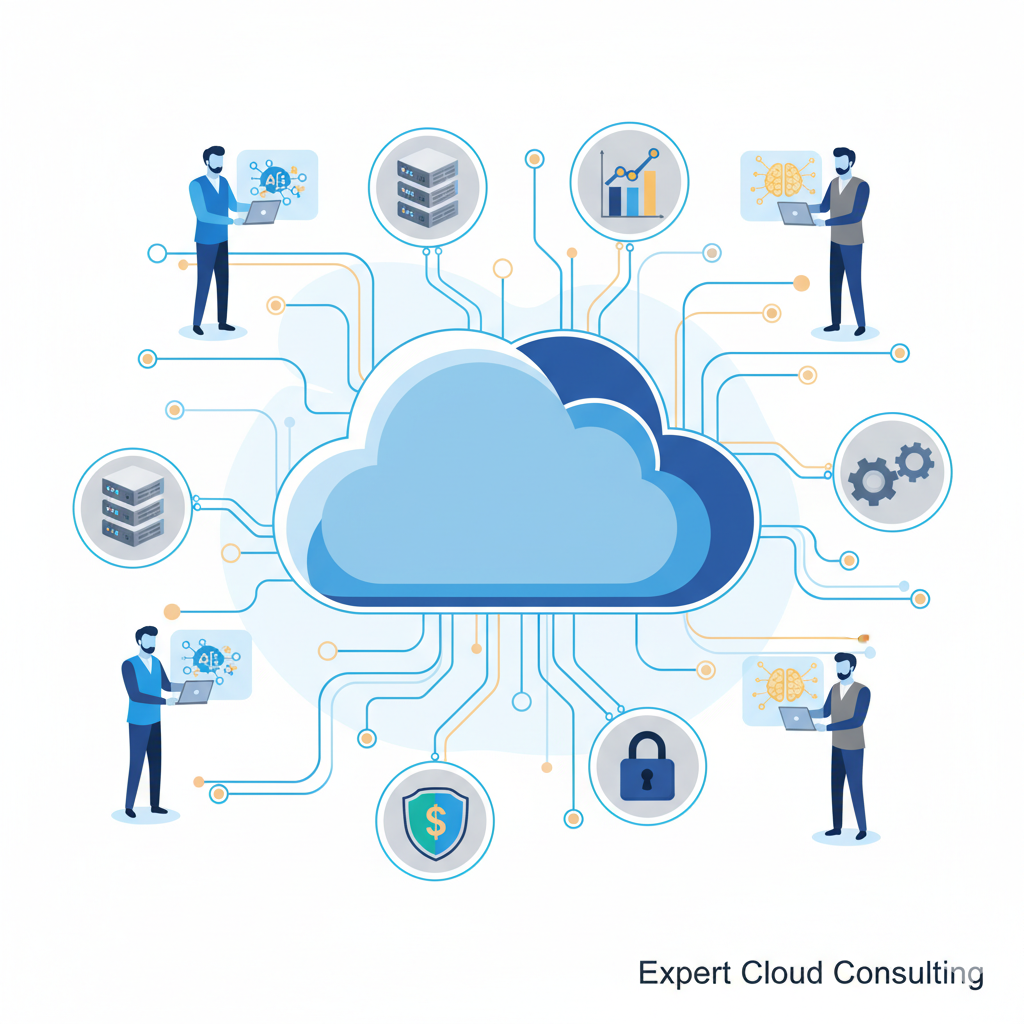Six Key Points to Consider
Introduction
DevOps has developed as a revolutionary method for software development and IT operations in today's fast-paced digital landscape. A culture that encourages collaboration, adaptability, and continual improvement is more important than merely the tools and technology available. Organizations must adopt an attitude of continual learning and improvement in order to execute DevOps successfully. We'll go over six important things to think about when you start your DevOps journey in this blog post.
1. Culture and collaboration
In today's fast-paced digital environment, DevOps has emerged as a new approach to software development and IT operations. It's more crucial to have a culture that values cooperation, adaptability, and continuous progress than it is to have the latest tools and technology. To properly use DevOps, organizations must adopt a mindset of ongoing learning and development. In this blog post, we'll go over six crucial items to consider when you begin your DevOps journey.
2. Invest in Continuous Education
DevOps has developed as a new method for software development and IT operations in today's fast-paced digital environment. More important than having the newest tools and technology is having a culture that emphasizes collaboration, adaptation, and constant improvement. Organizations need to adopt an attitude of continuous learning and development if they want to deploy DevOps effectively. We'll discuss six essential factors to take into account before starting your DevOps journey in this blog article.
3.Foster a Safe Environment
Innovation flourishes in a secure setting where failure is seen as a chance to grow and learn. Encourage your teams to take risks and try new things. Instead of placing blame when anything goes wrong, concentrate on finding the underlying causes. You may establish a culture of continuous improvement where teams are inspired to innovate and enhance their processes by nurturing a safe atmosphere.
4. Automate Repetitive Tasks
DevOps is founded on automation. Automate the time-consuming, repetitive procedures in your development and operations workflows. This not only boosts productivity but also lowers the chance of human error. Your employees can concentrate on innovative and strategic projects thanks to automation.
5. Measure Everything
You must measure to get better. Make sure your key performance indicators (KPIs) support your DevOps objectives. Keep track of data for lead time, mean time to recovery (MTTR), and deployment frequency. These metrics give you important information about how well your DevOps procedures are working. Review the data frequently, and use it to make decisions and optimizations.
6. Encourage Continuous Feedback
To improve, you must measure. Make sure your DevOps goals are supported by your key performance indicators (KPIs). Lead time, mean time to recovery (MTTR), and deployment frequency data should be tracked. These metrics give you crucial details regarding the effectiveness of your DevOps processes. Regularly review the data and utilize it to inform decisions and optimizations.
Conclusion
DevOps implementation is a continual process that calls for a commitment to continued learning and development. The cornerstones of a successful DevOps deployment are embracing a culture of cooperation, investing in education, maintaining a secure environment, automating chores, assessing performance, and promoting feedback.Remember that the process is just as important as the end result when you set out on your DevOps journey. Your firm will become more adaptable, efficient, and receptive to the constantly changing demands of the digital world by placing a high priority on continuous improvement and learning. Adopt the DevOps attitude, and you'll see your teams flourish and software delivery quicken.


